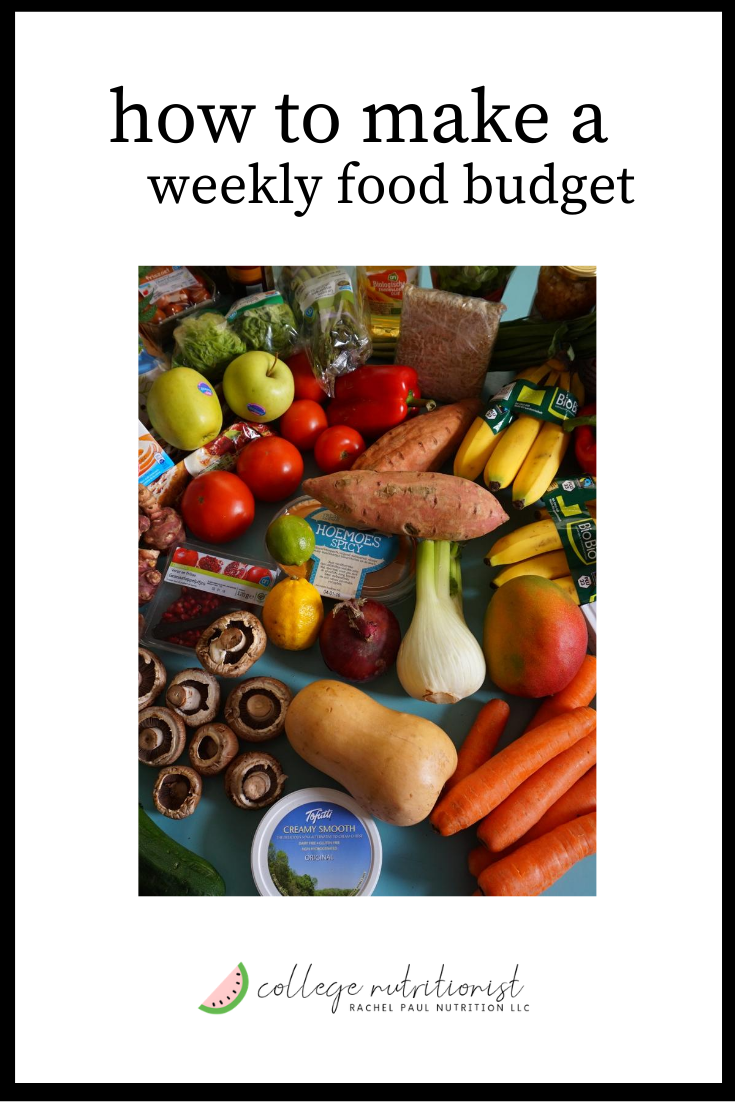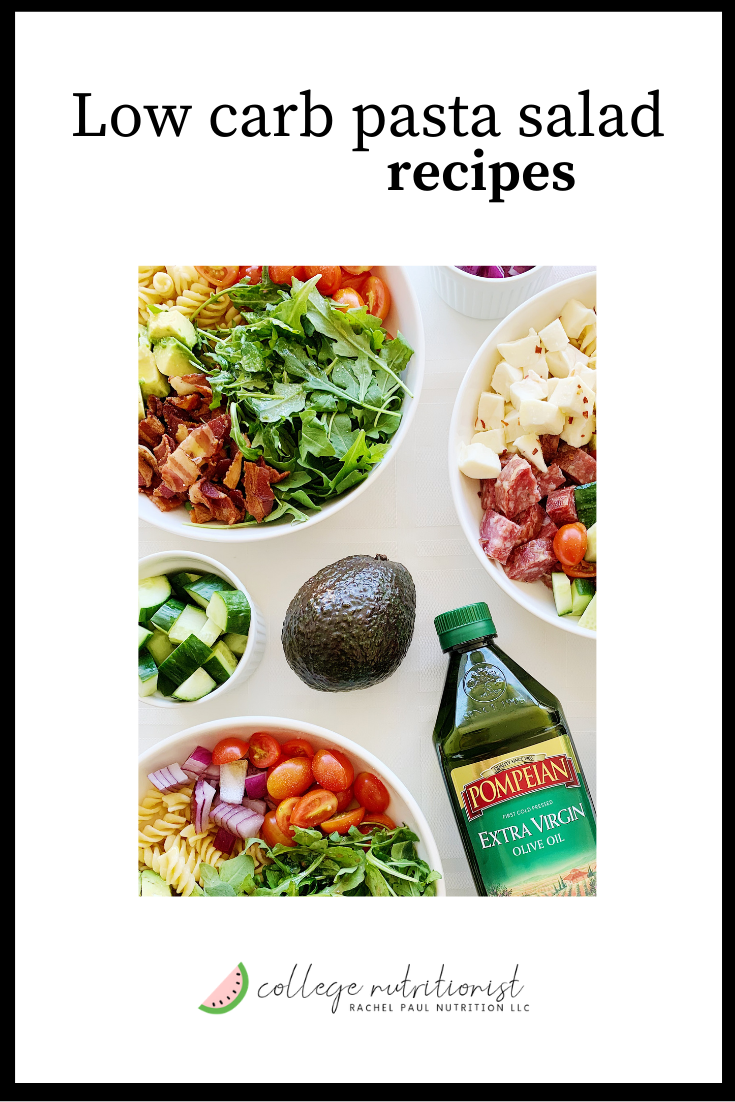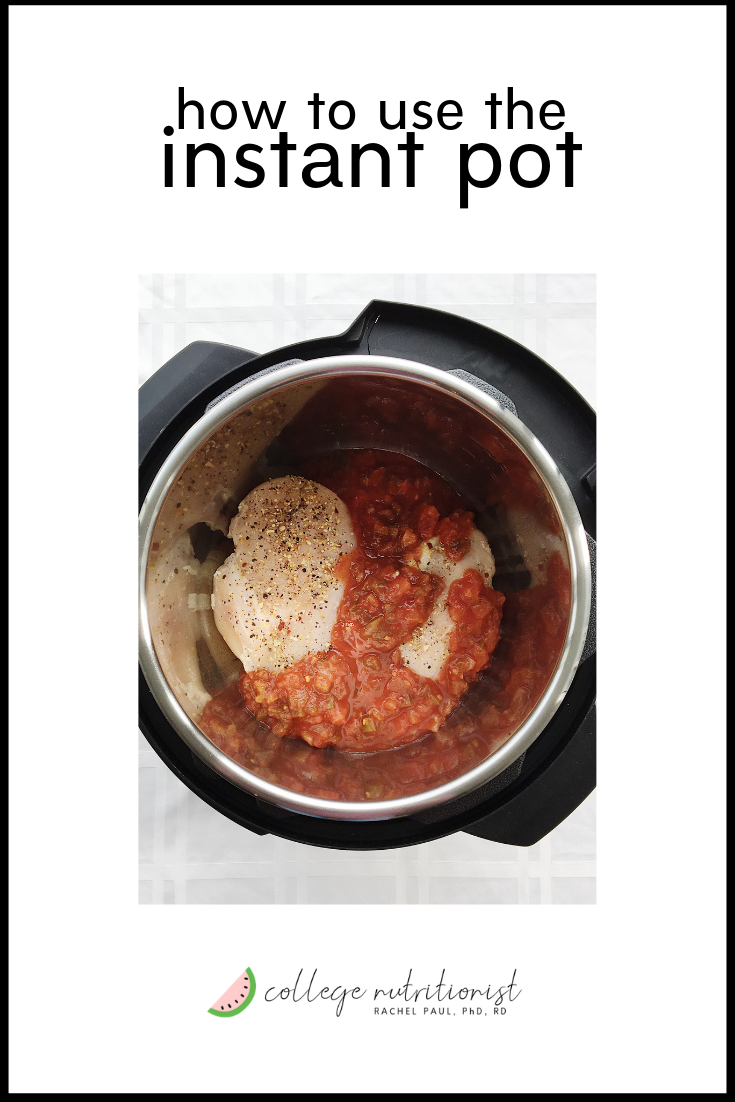When you’re a student, you’ll generally not have as much money as you want. You have less time and energy to devote to work as you invest both into your studies. This means you need to think about what you’re spending and make sure you’re getting the most from your money.
This doesn’t mean that you have to live on packet noodles. Saving money on groceries can mean purchasing more but better value foods. Having a plan of what you are going to cook before you shop can help you save money. Firstly, you can reduce the amount of food wasted by only purchasing what you will actually use. Secondly, you can also make plans to make foods that are seasonal or on sale.
Here are some tips on how to make a weekly food budget that will help you save money at the grocery store starting today.
How To Make A Weekly Food Budget
How To Define Your Food Budget
When starting to look at making a weekly food budget, you need to define what will be included. Although it’s obvious to include spending money at grocery stores, don’t forget convenience stores as well. You may also include eating out as this reduces what groceries you need. Similarly, the more you eat out, the less you’ll need to spend on groceries. Obviously, eating out is usually more expensive so it can drive up your food budget.
How Much To Spend On Groceries
This is a hard question to answer, as it really depends on your situation. Your grocery budget will depend a lot on how much money you have to spend, how much you cook yourself versus eating out and what your tastes preferences may be on any given week. A rough guide is about $400 a month for a college student, which gives you a bit of money to spend on a few dinners out while cooking mostly at home. When you go to set a budget, you can set it based on what you’re currently spending (this can be found by keeping track of a month’s worth of receipts for accuracy) or try and set it slightly lower so you can start saving money straight away.
How To Track Current Spending
Before you set a grocery budget, it’s a good idea to have a starting point of how much you’re currently spending. As I mentioned before, you can also start keeping all of your store receipts, and then tallying up how much you actually spent on food and impulse buys, etc. for the past month or so. You might be surprised!
Another way you can track your current spending is to have a look over your bank and credit card statements for the past few months and add up every grocery purchase. Make sure you include the bigger shops as well as the quick stops at convenience stores. Those little purchases can add up and with a good budget, you should hopefully be able to reduce the amount you spend in over-priced convenience stores. Once you’ve added up all the purchases, divide by the number of months you’ve looked back over. This will give you an estimate of how much you are currently spending each month. It can be better to look backwards rather than doing it going forward when you might be tempted to change your behavior and spend less.
How To Grocery Shop
Once you know generally how much you typically spend a month on food, you can begin to set your realistic grocery budget. Before you head to the grocery store, it’s a good idea to eat before you go. Shopping on an empty stomach could have you picking more junk food than you probably would like. It’s also a good idea to write down the meals and snacks you’d like to have that week. If you have a plan of what you want to cook for the week ahead, then you can write a grocery list before you shop with ingredients that will actually go together versus one off ingredients and impulse buys that won’t help you create the meals you desire to eat that week and just suck up your budget.
Having a shopping list will help keep you focused on buying only what you need. Make a commitment to stick to your weekly groceries list and don’t be tempted to pick up other random items that you might not really need. Try to cook things from scratch as much as possible. Packaged foods save you time, but cost more as you’re paying for the convenience. Find a balance between buying pre-made foods and saving money by making it yourself. Think about pantry staples like oats and consider which meal times you will be eating leftovers.
Meal Planning
By spending some time planning out your meals, you can save money. Buying in bulk, rather than single servings, is an easy way to reduce how much you spend on food. It can also help reduce food waste as you can cook all of what you purchase, rather than just portions of each item. Meal prep can help you plan out a full week’s worth of food without spending every night in the kitchen cooking. It’s so much easier and convenient to batch cook so you can start heating and eating leftovers that are grab and go or ready-made! Check out this post for step by step on the best college meal prep ideas.
Long Lasting Grocery Items
When certain items are on sale, it’s a good idea to stock up. Things like pasta, rice or tinned foods that are sealed will save you money when purchased in bulk. They’ll keep in the cupboard, if unopened, meaning you’ll still have supplies at the end of the month. Check the dates before you shop to make sure they’ll last.
Snacks
Having snacks on hand that you’ve already planned out or prepped in advance will help your food budget, especially when you have a full time schedule. It’s very easy to pick up a few snacks, especially if you’re spending time on campus or in the library. Those vending machines, coffee shop muffins and convenience stores will charge you a premium for snacks. If you plan ahead you can purchase healthy options at the supermarket and have them on hand for cravings. Simple items like in season fruit can be a great snack that doesn’t cost much. Another idea is DIY trail mix or breakfast bars.
Meatless Meals
One idea to help reduce your grocery bill is to eat more meatless meals. This doesn’t mean purchasing expensive meat replacements, but instead cooking meals that don’t require meat. Think about vegetarian chili, vegetable soups, salads or bean burritos. Beans can be a great protein source and cost a lot less than some meats. A lot of meat dishes like curries or chilis, you can swap out the meat for beans and still produce a delicious meal.
Budget Friendly Groceries Items
Make sure you’re looking at the cost per unit when you’re shopping. Some items are much better value when purchased in larger quantities, but some don’t change in cost per unit very much. When doing this, also think about how much you’ll use. There’s no point in “saving” money by buying a giant jar of pickles if you’ll end up only eating a few and throwing the rest out. Some good budget friendly staples that are versatile if you buy in bulk are ground beef, chicken, pantry staples like oats, canned goods, and rice to name a few.






